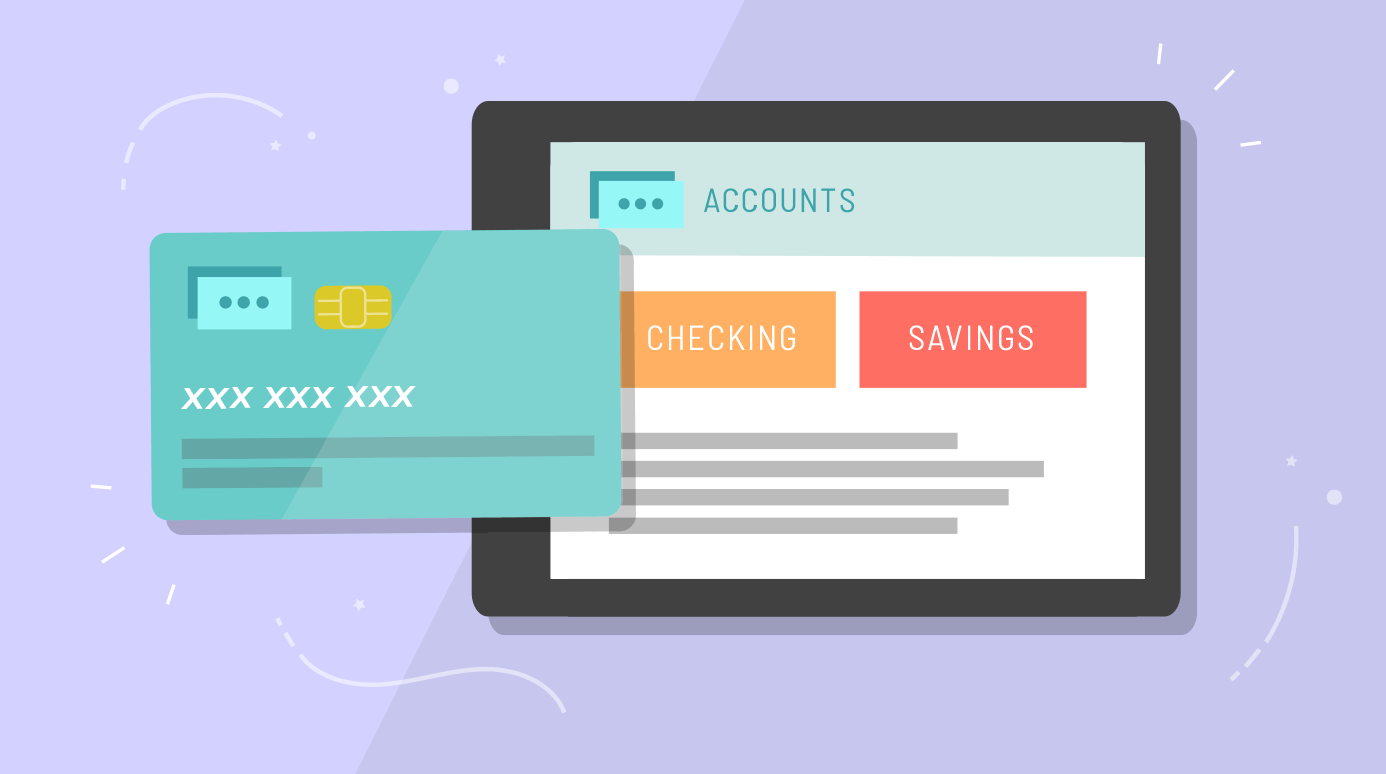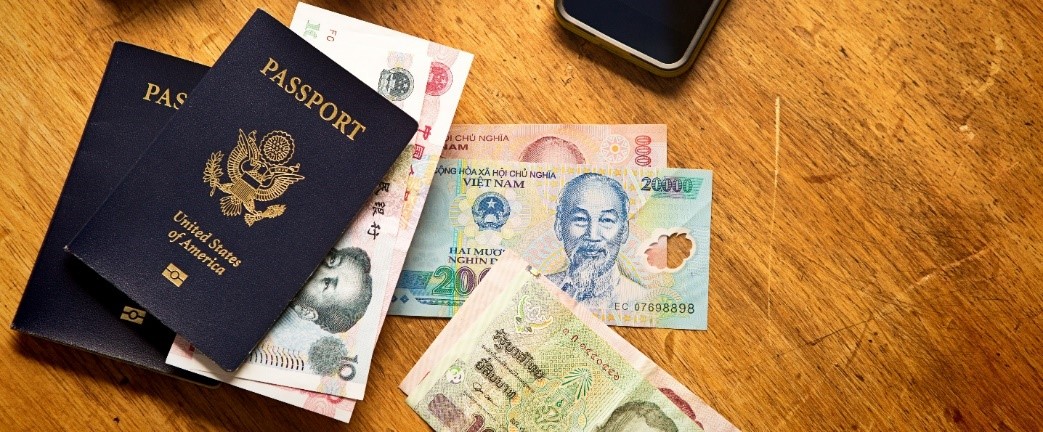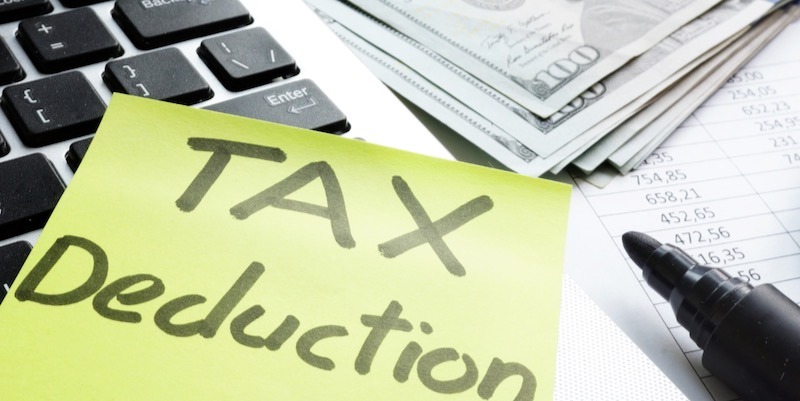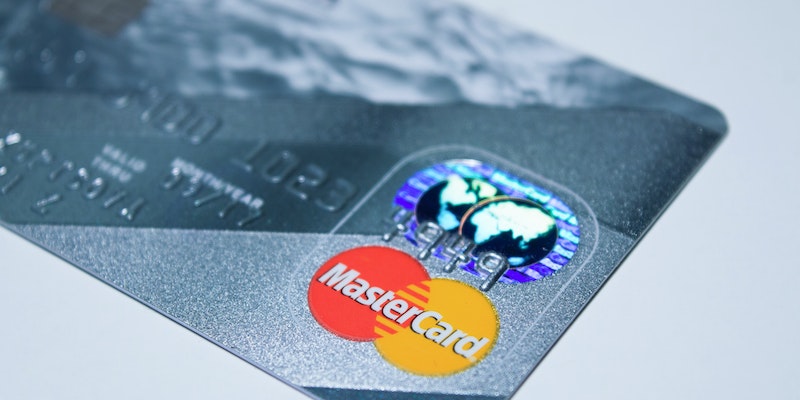An expat, short for expatriate, is a skilled professional living in a country outside their own. While an immigrant lives in another country permanently, an expat lives abroad for work purposes only and is not a permanent citizen of the country they work in. Due to the financial nature of their situation, they will need to save their money back home. For U.S. expats, the following are some of the most preferred checking accounts they should use.
Why do Expats Need Checking Accounts

Expats enjoy the best of both worlds, in a way. Mostly, they have lower living standards and higher salaries than if they remained back home. They also benefit from moving money between two countries, which has numerous benefits. As a result, they are at liberty to save or invest, or both, in these countries, reaping maximum benefits. This is why they need checking accounts to save their money.
Criteria for Selecting the Best Checking Accounts
The best way to compare these accounts would be to specify the framework we shall use. Some of the pivotal factors to consider when selecting a checking account would be:
- Fees
Since money will be moving in various accounts periodically, it is best that the checking account charges the possible minimum in fees. Also, the fee policy should be flexible to accommodate miscommunication or late communication.
- Security
Money accounts need to be safe and secure. This requirement gets even more severe when checking accounts used abroad. Expats need to be sure that their money is safe.
- Pros and cons
Checking accounts go through lows and highs, just as other accounts. In this case, fluctuations in exchange rates may adversely or positively affect an expat’s money.
- General Features
This should not be the last consideration. Expats should educate themselves adequately on all the features the checking account they have chosen has. One important feature that is often overlooked is customer service. Once an expat is abroad, they need to be sure that the help centers or toll-free numbers work.
- Accessibility and convenience
You’d want an account that can be accessed at any time and from any location globally. Having a checking account in a bank that has a mobile app is the best option for you, as you can track your savings and expenses in real time. Also, you must access an ATM in the country you’re moving into.

The Best Checking Accounts for U.S. Expats Living and Working Abroad
Citibank CitiGold
First, opening a Citibank CitiGold checking account grants you up to $2000 in cash bonuses. The only requisite for having this checking account is a $200,000 monthly balance. This checking account helps you take charge of your lifestyle, traveling, and other banking needs.
Pros
- Personalized services – a Wealth Relationship Manager and a Citi Personal Wealth Management Wealth Advisor.
- $2000 in cash bonuses.
- The Citi Mobile® App enables you to manage your account online. You can even open an account online.
- No monthly service fee.
- You can upgrade to a CitiGold bank with an existing Citibank account.
- CitiGold Lounges, which are service centers all around the world, where you can visit physically for inquiries. Currently, there are over 100.
Cons
- The requisite minimum balance of $200,000 may be too expensive for some expats.
Lloyds Bank International Current Account
To open this account, you must meet some eligibility criteria. One, your gross annual income should be £50,000.
Pros
- Free international money transfers.
- Internet banking provides accessibility to your money.
- Visa debit cards, which means they can be used anywhere in the world.
- Three currencies: the U.S. dollar, Euro, and Sterling Pound.
Cons
- Monthly fees after the first three months.
- The eligibility criteria may be stringent for some expats. For instance, the account may be inaccessible in various countries. You should check eligibility before applying for this account.
- You must deposit within the first month of opening your account.
HSBC Expat Bank Account
To open this account, you will need an initial deposit or a minimum balance of £50,000.
Pros
- Up to 19 currencies at your fingertips.
- Personalized services – a Relationship Manager to assist you in wealth management and a stable mobile banking tool.
- Security – HSBC expat bank accounts are held in an OECD-approved location, Jersey, Channel Islands.
- HSBC serves up to 64 countries, so you’ll probably find an ATM in the country you are moving to. Also, they offer visa debit cards, which makes accessibility and convenience even better.
- No monthly fees for clients who meet the eligibility criteria.
Cons
- The eligibility criteria might be strenuous. Failing to meet it continuously may incur a fee on your current account.
Capital One 360 Checking Account
This is one of the many accounts that require expats to still maintain a U.S. mailing address during the entirety of holding an account with them.
Pros
- No minimum balance required
- No initial, maintenance, or overdraft fees.
- Up to 70,000 ATMs globally.
- Security. You can lock your account and card until you are ready to use them again.
- The mobile app allows for online deposits and provides you with constant alerts.
Cons
- The mailing address requirement may be complex for some expats who have left nothing back home.
- The account requires a Social Security Number as one of the eligibility criteria.
Charles Schwab Bank Account
Pros
- The bank invests your money in U.S. markets, so you make additional income while working abroad.
- Tax filing assistance and reports.
- Interactive customer service.
- Schwab Visa debit card provides convenience globally.
- The bank refunds all ATM charges.
Cons
- Charles Schwab Bank accounts are US-domiciled, which may sometimes be challenging, especially during exchanges.
Further Considerations
For a long time, U.S. expats worldwide had to create and maintain dual accounts, one in the U.S. and another in the country they were working in. Now, there is an even better option. The checking accounts listed above provide not only flexibility and security but also legality. The United States taxes individuals based on citizenship and not residence, so having a single checking account in the U.S. saves you from double taxation. All U.S. expats pay taxes to the U.S., so looking out for a bank that helps you in tax compliance is vital.
With this in mind, selecting the best checking account for your expat needs has been simplified.

Exactly what is a BCL (bank confirmation letter)?

The Best Bonuses And Promotions Offered By Banks

Unlocking Tax Benefits: Strategies to Maximize Charitable Donations

NATO: An Essential Overview of Its Role in Global Security and More

Understanding Auto Loans: A Comprehensive Guide

Should You Buy A House Or A Townhouse?

5 Best Checking Accounts for US Expats

The Chipotle Method of Making Money

What Exactly Is Meant by "Current Assets"?

Credit Card Usage in Iceland: A Traveler's Handbook

Time to File Form 8606
